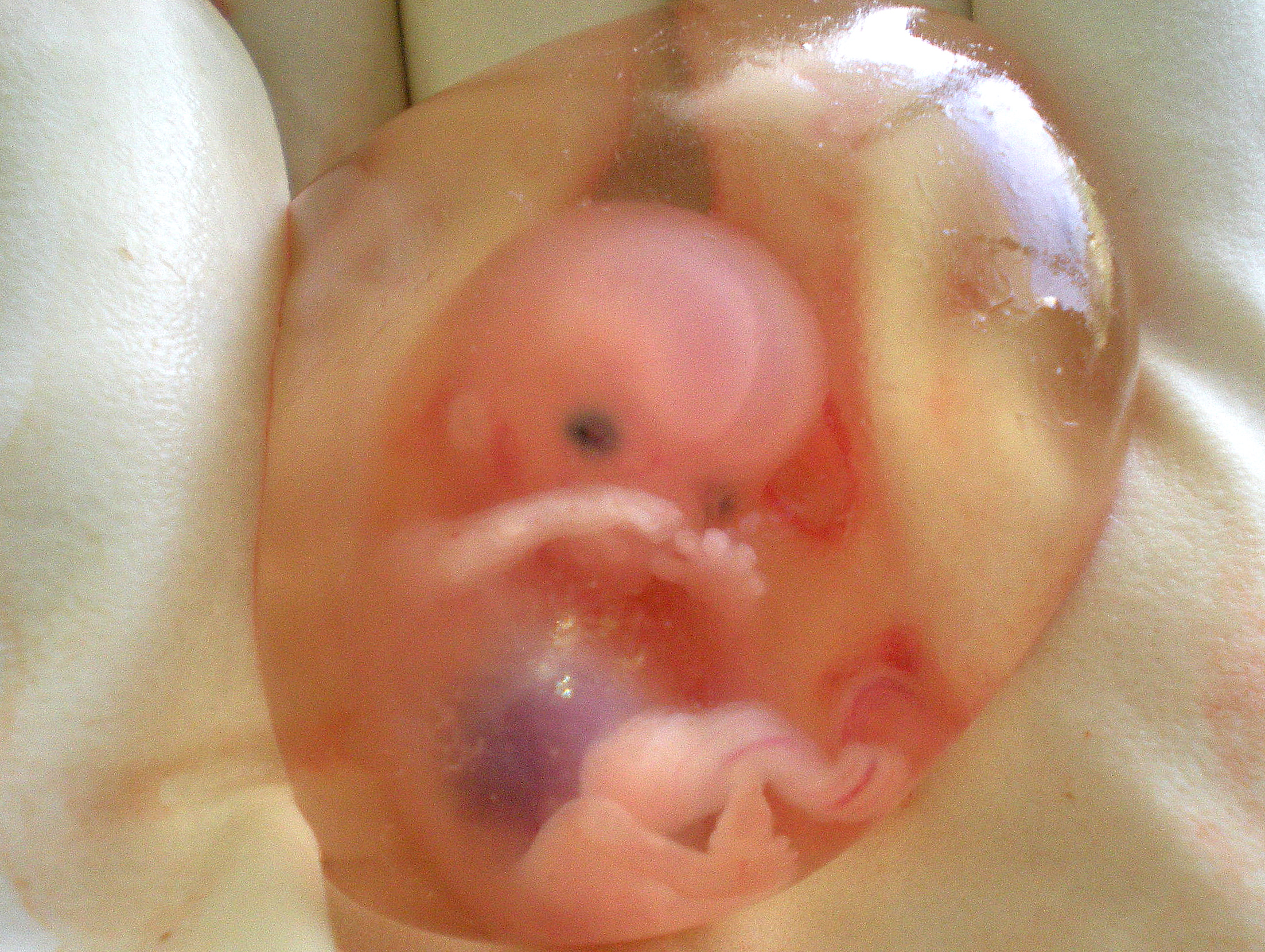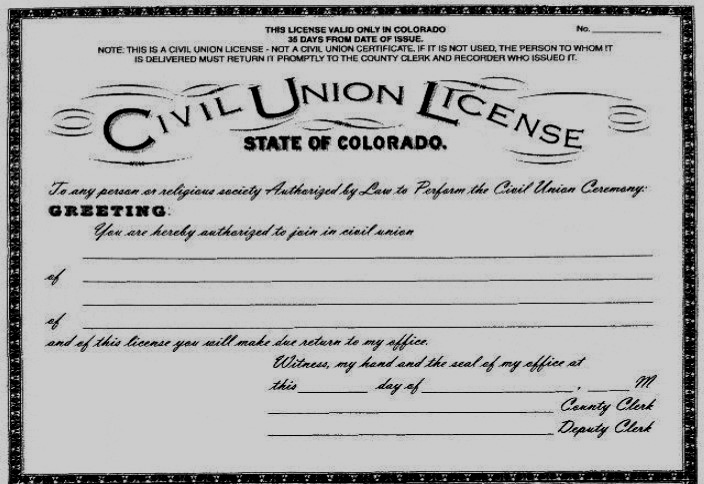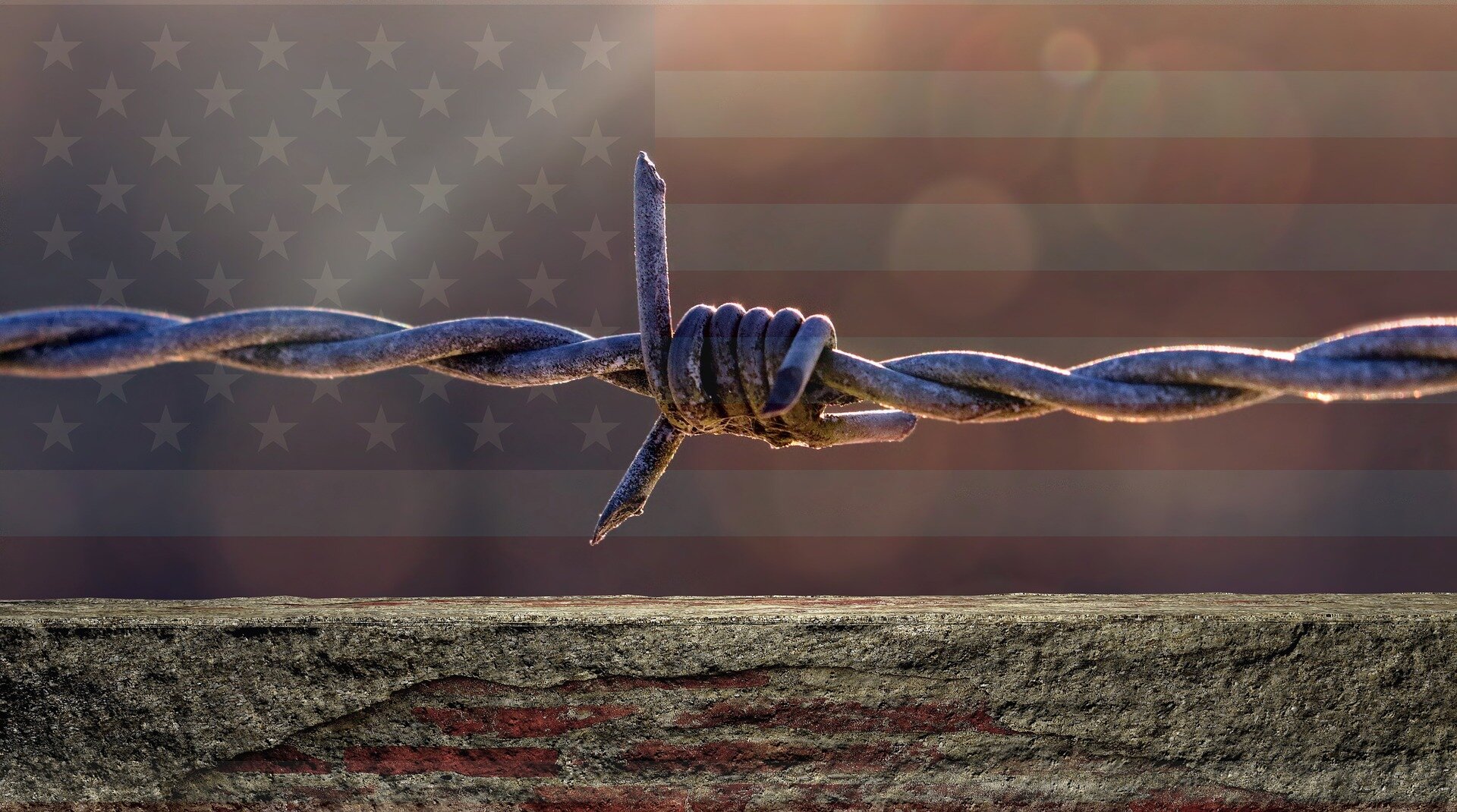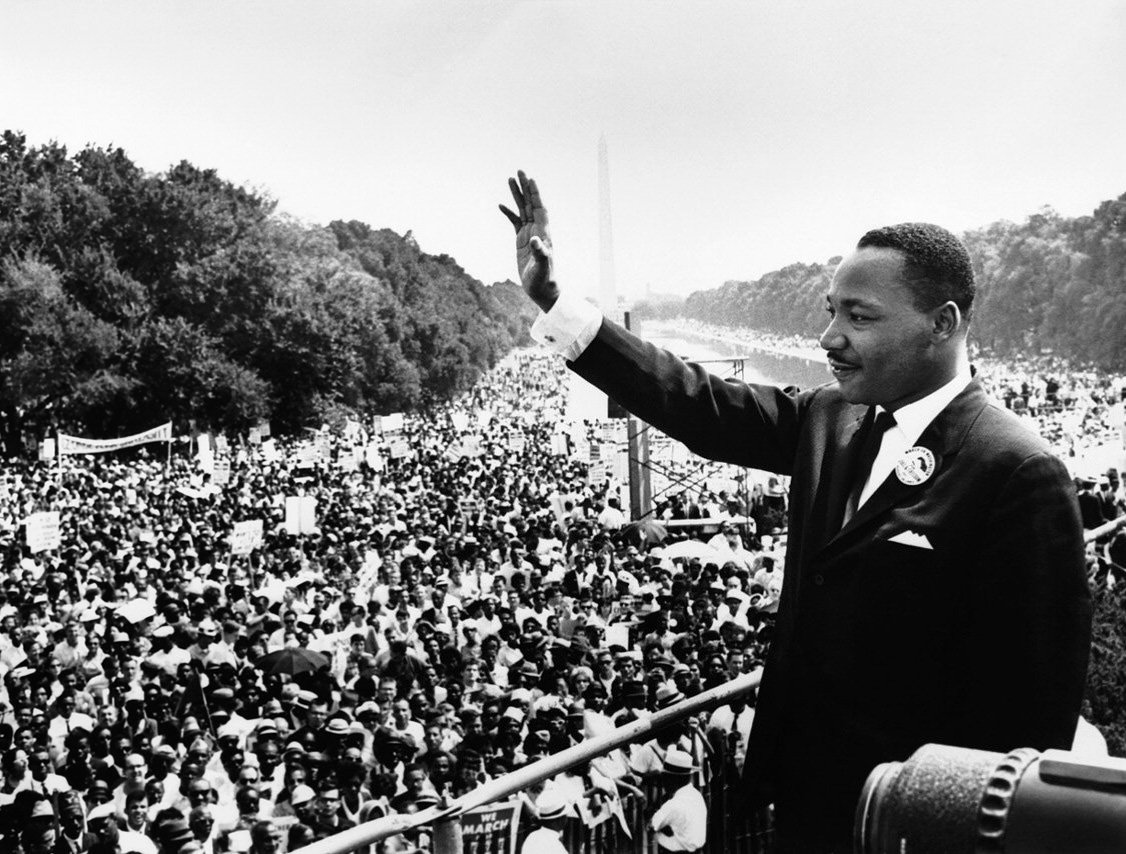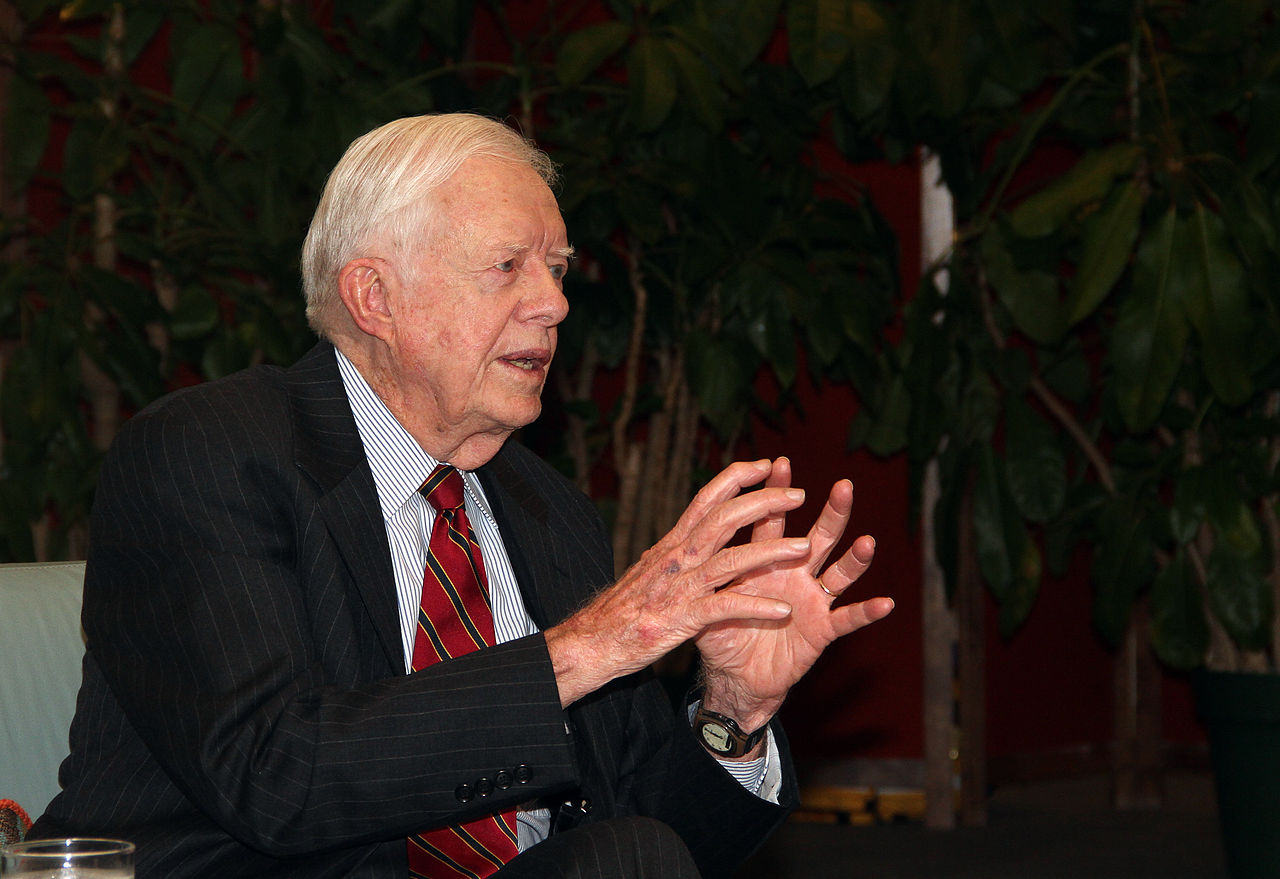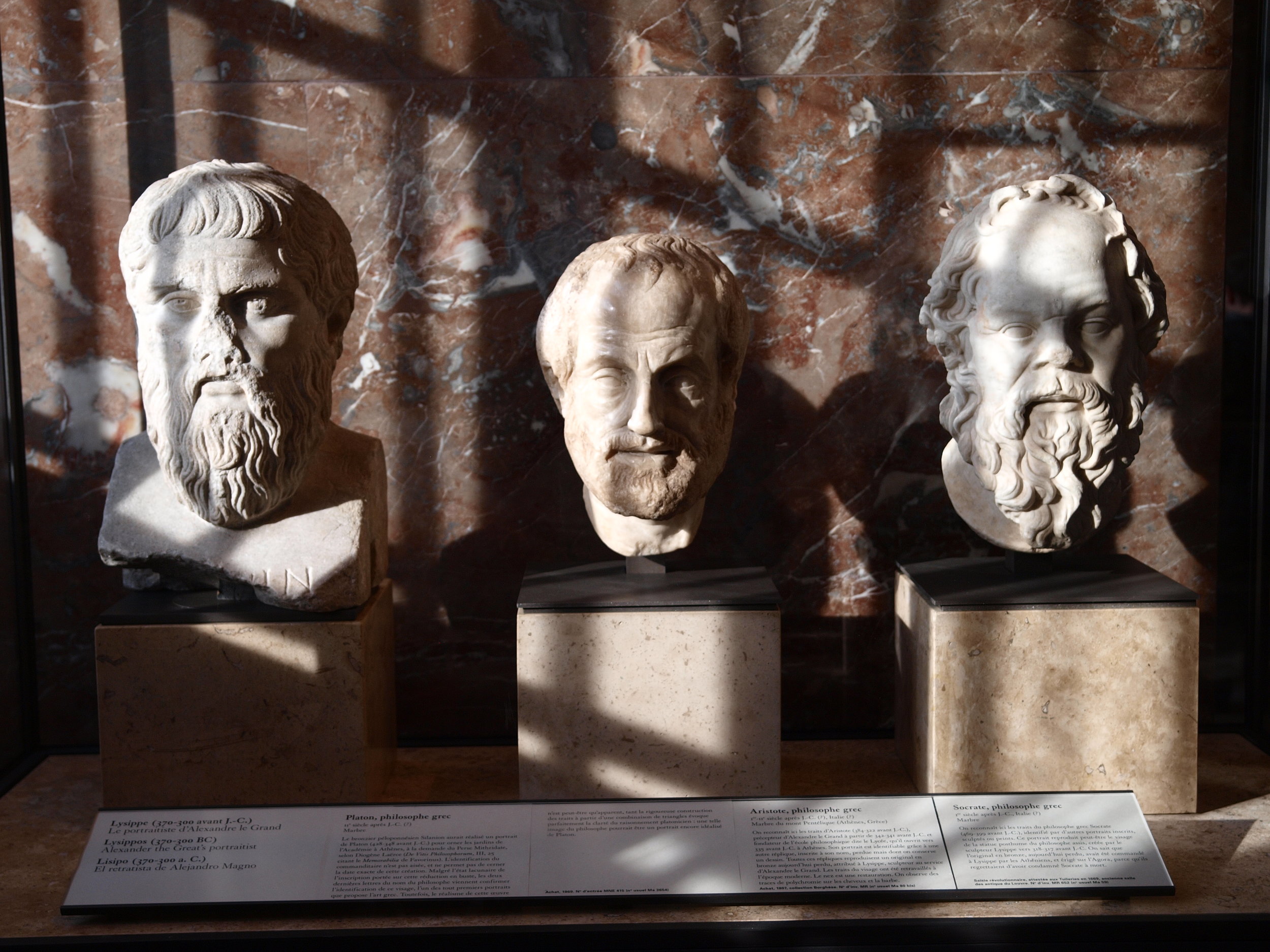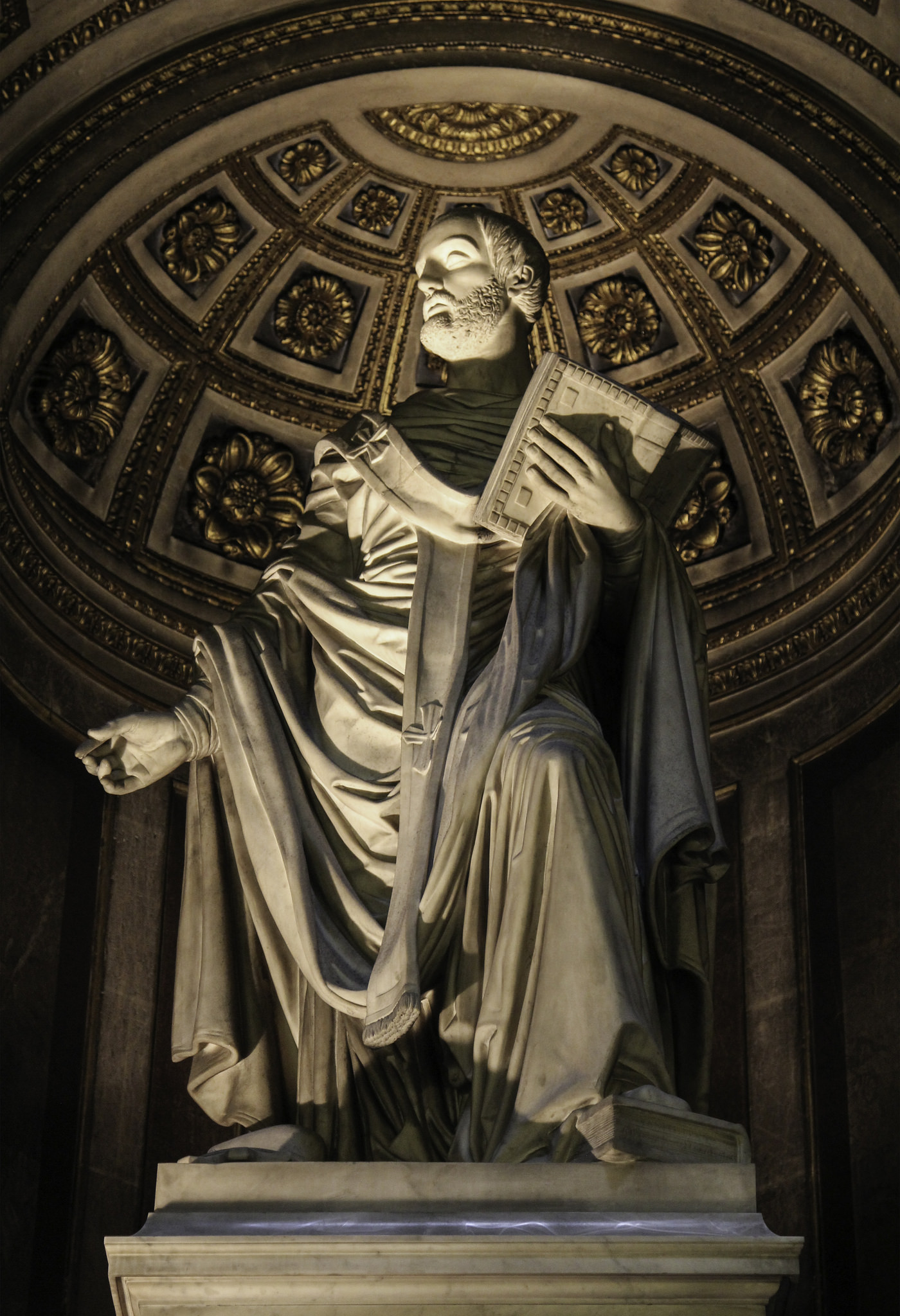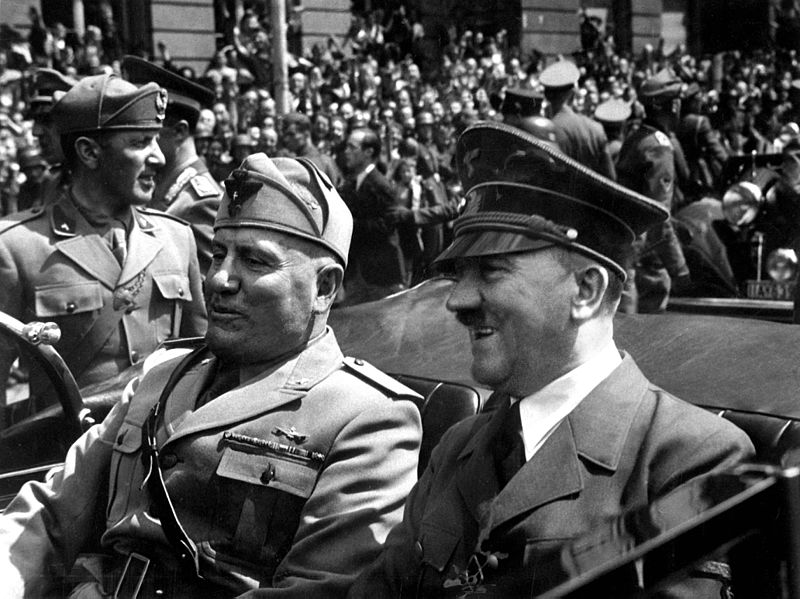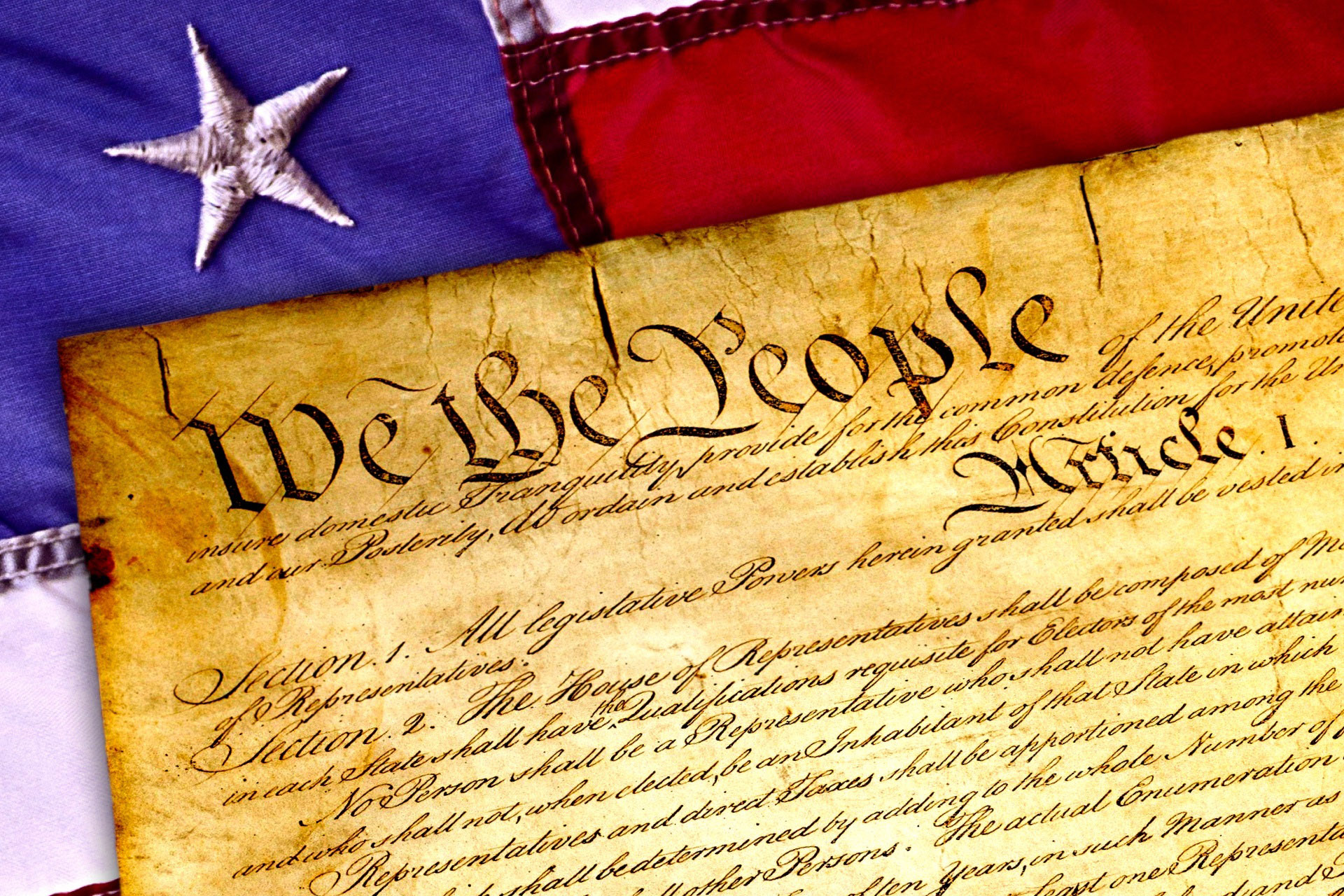Other Christian Critiques
Photograph: Former President Jimmy Carter at the LBJ Library on February 15, 2011. The quote, “If you don’t want your tax dollars to help the poor—then stop saying that you want a country based on Christian Values… because you don’t” was not delivered on this particular occasion, but is authentic to Carter. Photo credit: U.S. National Archives | Public Domain, Wikimedia Commons.
Introduction
These resources explore other Christian critiques of the political U.S. right, from frameworks that might differ from a restorative justice framework, or are similar but are labeled differently.
Christian Critiques of the Right
Wikipedia, John Frederick Denison Maurice (Wikipedia article) about Christian socialism
Wikipedia, Washington Gladden (Wikipedia article) about Christian socialism
Wikipedia, Walter Rauschenbusch (Wikipedia article) about Christian socialism
Distributism, an economic philosophy based on the Catholic Social Teaching
Distributist Review (website), a Catholic online journal
James Connolly, Labour, Nationality, and Religion (Harp Library, Dublin, Ireland, Aug 1910) a Catholic socialist debating Catholic capitalism in Ireland; for context see Gerard Madden, Defending the Faith: The Catholic Church Waged a Century-Long War Against the Irish Left (Jacobin, May 2016) and Ronan Burtenshaw & Sean Byers, Ireland's Unfinished Revolution (Jacobin, Mar 2016)
Steven Runciman, The Great Church in Captivity: A Study of the Patriarchate of Constantinople from the Eve of the Turkish Conquest to the Greek War of Independence (Amazon book, 1968) writes of one moment in the Greek Orthodox tradition faced by every Christian people with a sense of cultural pride, "The Megali Idea, the Great Idea of the Greeks, can be traced back to days before the Turkish conquest. It was the idea of the Imperial destiny of the Greek people. Michael VIII Palaeologus expressed it in the speech that he made when he heard that his troops had recaptured Constantinople from the Latins; though he called the Greeks the Romaioi. In later Palaeologan times the word Hellene reappeared, but with the conscious intention of connecting Byzantine imperialism with the culture and traditions of ancient Greece. With the spread of the Renaissance a respect for the old Greek civilization had become general. It was natural that the Greeks, in the midst of their political disasters, should wish to benefit from it. They might be slaves now to the Turks, but they were of the great race that had civilized Europe. It must be their destiny to rise again. The Phanariots tried to combine the nationalistic force of Hellenism in a passionate if illogical alliance with the oecumenical traditions of Byzantium and the Orthodox Church. They worked for a restored Byzantium, a New Rome that should be Greek, a new centre of Greek civilization that should embrace the Orthodox world. The spirit behind the Great Idea was a mixture of neo-Byzantinism and an acute sense of race. But, with the trend of the modern world the nationalism began to dominate the oecumenicity. George Scholarius Gennadius had, perhaps unconsciously, foreseen the danger when he answered a question about his nationality by saying that he would not call himself a Hellene though he was a Hellene by race, nor a Byzantine though he had been born at Byzantium, but, rather, a Christian, that is, an Orthodox. For, if the Orthodox Church was to retain its spiritual force, it must remain oecumenical. It must not become a purely Greek Church." (p.378 - 379)
Charles Marsh, Wayward Christian Soldiers: Freeing the Gospel From Political Captivity
T. Richard Snyder, The Protestant Ethic and the Spirit of Punishment (Amazon book, Nov 29, 2000)
Norman G. Kurland, The Just Third Way: Basic Principles of Economic and Social Justice (Center for Economic and Social Justice, May 28, 2004)
Thomas Storck, Is Usury Still a Sin? (originally Distributist Review magazine, fall 2009)
Stephen Pope, Restorative Justice as a Prophetic Path to Peace (CTSA Proceedings, 2010)
Stuart Koehl, An Independent Witness to Marriage (First Things, Jul 16, 2010)
Thomas Storck, Is the Acton Institute a Genuine Expression of Catholic Social Thought? (Distributist Review magazine, July 4, 2011)
Angus Sibley, The "Poisoned Spring" of Economic Libertarianism: Menger, Mises, Hayek, Rothbard: A Critique from Catholic Social Teaching of the 'Austrian School' of Economics (book, May 2011) and Michael Sean Winters' review (Natl Catholic Responder, Jul 6, 2011)
Tim Wallace, A Short Guide to Catholic Economic Thinkers (The Record, Nov 9, 2011)
Rod Dreher, The Incoherence of the Christian Right (The American Conservative, Jan 30, 2012) criticizes Newt Gingrich
Mark Galli, The Best Ways to Fight Poverty - Really (Christianity Today, Feb 10, 2012) says government does raise the poor's standard of living
Mark Galli, The Church is the Solution? Show Me the Stats (Christianity Today, Mar 8, 2012) interaction between Galli and other ministry leaders about poverty
Ruth Lopez Turley, Does God Care About Educational Inequality (Veritas Forum, Oct 10, 2012)
Thomas Storck, Aquinas on Buying and Selling (originally Distributist Review magazine, May 14, 2013)
Russell D. Moore, Evangelical Retreat? A Transformed Culture Calls for a New and Different Evangelical Engagement of Politics (First Things, Dec 2013)
Roland Boer, John Locke, the Fall, and the Origin Myth of Capitalism (Political Theology Today blog, Dec 5, 2013)
John Stoehr, How Pope Francis Challenges the Right (and Left) (The American Conservative, Jan 16, 2014)
Patrick Deneen, A Catholic Showdown Worth Watching (The American Conservative, Feb 6, 2014)
Jay P. Corrin, The Emergence of Radical Catholic Social Philosophy (Religion News Service, Mar 7, 2014)
Arthur W. Hunt, Pope Francis Needs Distributism (The American Conservative, Apr 3, 2014)
Al Mohler, Should Christians Be Libertarians? (video clip, Mar 21, 2014)
Thomas Storck, What's Really at Stake in the Catholic Showdown? (Ethika Politika, Dec 4, 2014)
Chris Mooney, The Surprising Links Between Faith and Evolution and Climate Denial - Charted (NY Times, May 20, 2015) interesting as I think the principle of meritocratic-retributive justice standing behind penal substitution is also an influence
Bishop Roy Sano, Amid Hysteria, a Call for Hospitality (United Methodist Church News, Nov 23, 2015) response to Roanoke, VA mayor David Bowers' citation of the internment of Japanese Americans as a positive national security precedent
David Bentley Hart, Mammon Ascendant: Why Global Capitalism is Inimical to Christianity (First Things, Jun 2016)
Darren Grem, The Blessings of Business: How Corporations Shaped Conservative Christianity (Amazon book, Jun 1, 2016) and review by David A. Bosch (The Gospel Coalition, Jul 18, 2016)
Alan Noble, Is There a Better Way to Fight Political Correctness (Christianity Today, Jul 29, 2016)
Joseph Hellerman, Our Priorities Are Off When Family is More Important Than Church (Christianity Today, Aug 4, 2016)
The Economist, The Search Goes On (The Economist, Nov 5, 2016) a review of Nick Spencer, The Evolution of the West: How Christianity Has Shaped Our Values (Amazon, Sep 15, 2016)
Stephen Turley, The Reawakening of Christian Civilization in Eastern Europe (The Imaginative Conservative, Jan 23, 2017) although I am concerned that it is not deep, theologically, ethically, and politically
Philip Rojc, Path to Power: Who Funds the Religious Right? (Inside Philanthropy, Jan 17, 2017) important roll call of donors and organizations
Ed Stetzer, Evangelicals, We Cannot Let Alternative Facts Drive US Refugee Policy (Washington Post, Jan 26, 2017)
Abram Van Engen, Advancing God's Kingdom: Calvinism, Calvin College, and Betsy DeVos (Religion and Politics, Jan 30, 2017) troubling
Michael Gerson, Trump is Evangelicals' 'Dream President.' Here's Why (Washington Post, May 15, 2017) notes that William Jennings Bryan was a compassionate progenitor of the New Deal, and valuable factoids about evangelical resentment at being culturally dispossessed
Joshua L. Lazard, How "Race Tests" Maintain Evangelical Segregation (Religion Dispatches, May 17, 2017)
Jason Baxter, Nostalgia for the Future: Antiquity & Eternity (The Imaginative Conservative, Jul 6, 2017) “The experience of nostalgia is a feeling of beauty’s remoteness, but only because it is so far in the future. It is hope…”
Sarah Pulliam Bailey, "God Has Given Trump Authority to Take Out Kim Jong Un," Evangelical Adviser Says (Washington Post, Aug 8, 2017) Robert Jeffress, from megachurch First Baptist Church in Dallas, showing a curious retributive, fear-based culture of Baptists
Rod Dreher, Trump Is More In Touch Than You Think (The American Conservative, Aug 17, 2017) evangelicals favor nuclear war more than general population
Randall Ballmer, Under Trump, Evangelicals Show Their True Racist Colors (Los Angeles Times, Aug 23, 2017)
Carlos Ballesteros, Alabama Evangelicals More Likely to Support Roy Moore After Sexual Assault Allegations, Poll Shows (Newsweek, Nov 12, 2017)
Peter Wehner, Why I Can No Longer Call Myself an Evangelical Republican (NY Times, Dec 9, 2017)
Russell Moore, What a Stupid Bumper Sticker Can Tell Us About American Christianity (Russell Moore blog, Dec 11, 2017) "American evangelicalism is old and sick and weak, and doesn’t even know it"
Randall Balmer, The Evangelical Slippery Slope, from Ronald Reagan to Roy Moore (Los Angeles Times, Dec 11, 2017)
Carol Kuruvilla, Researchers Discover Common Thread Among Christians Who Voted For Trump (Huffington Post, Apr 4, 2018) re: Christian nationalists and Chauncey DeVega, Have Christian Nationalists Staged a "Soft Coup" With Trump as Their Figurehead? (Salon, Apr 5, 2018)
Yoram Hazony, The Dark Side of the Enlightenment (Wall Street Journal, Apr 6, 2018) Today’s advocates oversell the benefits of unfettered reason. They dismiss the contributions of tradition, religion and nationalism to human progress.
Kasie Hunt, Alex Moe and Rebecca Shabad, Speaker Paul Ryan Forces Out the House Chaplain, Angers Lawmakers (Apple News, Apr 26, 2018) re: Catholic chaplain; members of both parties have expressed outrage about the move and hinted it could be tied to a prayer the chaplain made about the GOP tax bill
Jim Wallis, From 1970s Chicago to 2018 Wheaton: A Timeline of Evangelical Backsliding (Sojourners, Apr 26, 2018)
John Fea, Evangelical Fear Elected Trump (The Atlantic, Jun 24, 2018) a history of white evangelical fear and its influence on American politics, as well as the counter-narrative of evangelicals who held a non-nationalistic position; see also Kristin Kobes Du Mez, Understanding White Evangelical Views on Immigration (Harvard Divinity School, Spr-Sum 2018) discusses white evangelical masculinity
Kathleen B. Jones, What the Nazis Taught Philosopher Hannah Arendt About the Rights of Refugees (Sojourners, Jul 17, 2018) explores the context of European ethno-national states as the challenge of post-Imperial Europe.
Ed Kilgore, Alleged Russian Spy Was Working to Infiltrate Religious Right As Well As Gun Groups (New York Magazine, Jul 18, 2018) hints at the ideological and relational connections between white American evangelicalism and Putin and the official ethno-nationalist leadership level of the Russian Orthodox Church. See also Katherine Stewart, What Was Maria Butina Doing at the National Prayer Breakfast? America’s Christian Nationalists Have Been Finding Common Cause With the Russian Government for a While Now (New York Magazine, Jul 18, 2018)
Jonathan Wilson-Hartgrove, Jeff Sessions' 'Religious Liberty Task Force' Part of a Dangerous Christian Nationalist Campaign of Discrimination (NBC News, Jul 31, 2018)
Jake Meador, A Unified Nation Must Rest on Something Real (National Review, Oct 12, 2018) argues that, while the political left has rallied around objects of common love (the individual), the political right, with a few exceptions, has given up on cultural storytelling. It is perhaps significant that Meador is a Christian, editor-in-chief of Mere Orthodoxy, and a contributor to Christianity Today and First Things.
Gildas, The Notion of Obligations Comes Before That of Rights (On the Ruin of Britain, Mar 1, 2019) a quote from Simone Weil

